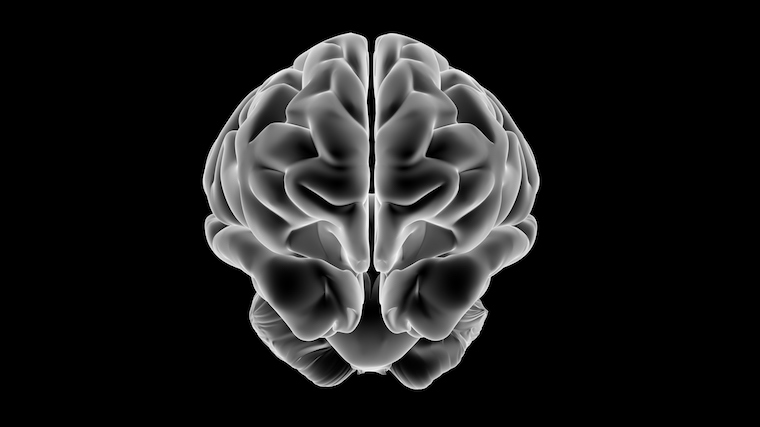At SmallBusiness.com, one thing we never grow tired of is learning about how memory works. (We can’t remember why, however.) We especially are fond of research conducted at prestigious universities that reveals memory skills aren’t limited to those who are born with great memories but can be learned like, say, learning to juggle or play the ukelele. However, like those, it does take practice to master.
Based on brain scans of 23 world class competitive memory champions and a control group of people with memories like the rest of us, researchers at Radboud University Medical Center in The Netherlands have added to the evidence that a person with an average memory can enhance it dramatically with techniques used by the memory champions. “If you use certain mnemonic memory strategies you can considerably increase your memory, even if you have a very bad memory at the start,” research leader Dr. Martin Dresler recently told BBC News.
(continued below)
Can’t remember where you saw that SmallBusiness.com article about memory? These links will help.
- How Drawing May Help Improve Your Memory
- Eight (More) Tips for Remembering and Using Names
- Why You Should Take Notes by Hand Instead of on a Laptop
- Why We Can Remember All Sorts of Unimportant Things About People We Meet (Except Their Names)
- 7 Signs of Forgetfulness at Work and 7 Things You Can Do About it
- How to Remember a Customer’s Name

How do you win memory competitions? Practice, practice, practice.
Memory methods are based on various types of mnemonics, memory devices that can help a person recall lots of information, especially lists. One method is called the method of loci or memory palace (also called, “mind journey” or “mind palace”). With this method, a person makes an imaginary journey through a place they know well, such as a building. Each room they go through or location they see acts a visual prompt where information can be stored.
In the Radboud University study, neuroscientists scanned the brains of memory champions using functional magnetic resonance imaging (fMRI). They then compared those with scans of people of similar ages with similar IQs. The researchers found subtle differences in connectivity patterns across a large number of brain regions. However, no single region stood out. They learned that neurobiological differences between these world-class memory champions and “normal” control subjects appeared to be quite widespread, distributed and subtle.
After being scanned, the individuals with normal memory went through six weeks of training in mnemonic techniques that are useful for remembering long lists of information. Participants using the training techniques of memory athletes went from recalling an average of 26 to 30 words from a list of 72 to remembering more than 60.
During the six-week period, the participants developed brain patterns that were similar to those found in the patterns of memory competitors,” said Dr. Dresler.

Do memory training methods work for everyday memory skills?
Memory training methods have been around since the time of ancient Greeks, according to Michael Anderson, a neuroscience professor at the University of Cambridge. Before written languages, such techniques were used in helping pass oral histories from generation-to-generation.
“Dresler and Konrad have not only elegantly illustrated how readily this superior memorization ability can be trained, but also have taken the important step of identifying the changes in the brain that accompany it,” he said.
But he said the benefits of the training are likely to be restricted to cases in which people consciously apply the trained strategy. Thus, “it remains to be seen whether people experience global improvements in everyday memory”.
VIA | BBC News
istock
